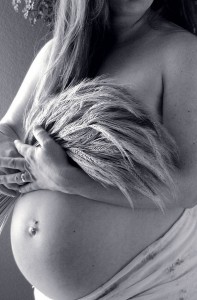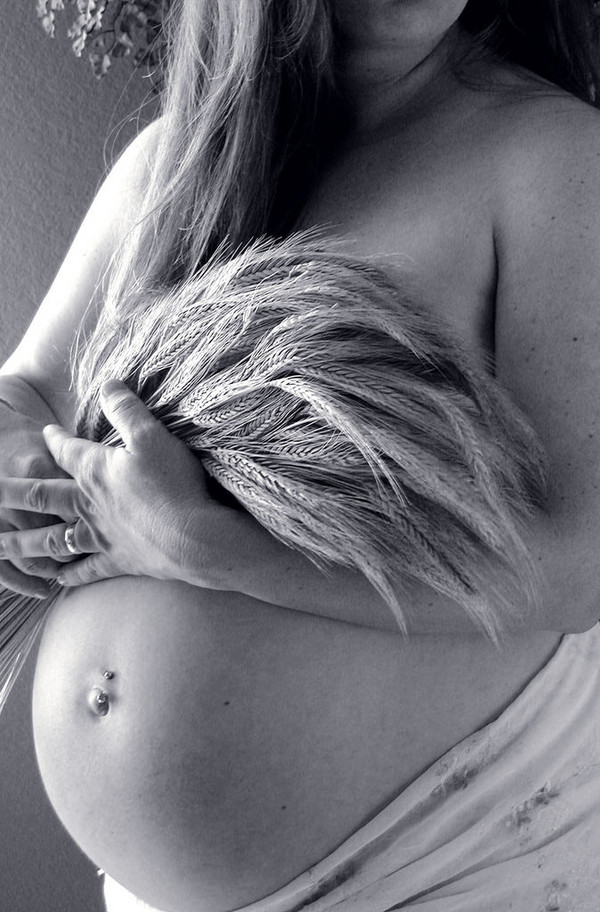 Beginning in the third trimester of pregnancy, a woman should begin thinking about breastfeeding. This gives a mother plenty of time to begin preparing for the arrival of her baby and to begin researching about how to prepare for it. It is hard to prepare for the actual practice of breastfeeding; however, there is lots of information that a mom needs to know about breastfeeding that could come in handy.
Beginning in the third trimester of pregnancy, a woman should begin thinking about breastfeeding. This gives a mother plenty of time to begin preparing for the arrival of her baby and to begin researching about how to prepare for it. It is hard to prepare for the actual practice of breastfeeding; however, there is lots of information that a mom needs to know about breastfeeding that could come in handy.
Disclosure: This post is for informational purposes. I am not a lactation consultant or a certified breastfeeding expert. The opinions in this post are based upon my own experiences.
Breastfeeding isn’t supposed to hurt or be painful. If breastfeeding is painful, often times it is due to improper latching on to the breast or positioning. Seek the help from a lactation consultant or health care provider to help you determine why it is painful to breastfeed your baby.
Preparing for Your Nipples
You don’t have to do anything to your nipples to prepare or toughen them up for breastfeeding. Long ago, it was once thought that you had to rub them with a cloth to prepare them. Later research has shown that your body begins producing a protective substance on the nipples during pregnancy and while breastfeeding.
Breast Care While Breastfeeding
During pregnancy, your body will begin to produce small bumps on your areola’s. These bumps are called Montgomery glands. These glands begin producing an oily substance that help keep the nipple and areola protected. Don’t squeeze these glands.
While, you are pregnant and breastfeeding it isn’t necessary to use any soap on your breasts. Using soap on your breasts can dry them out, making them more prone to infections. While you are showering or bathing, just rinse them off with water. If you accidentally get soap on them, just rinse it off.
Sore or cracked nipples need immediate attention to prevent breast infections. If you notice that your nipples are getting dry and cracked you can squeeze a tiny amount of breast milk and rub on them or use lanolin. It’s also best not to use any lotions on your breasts, unless you have severe dry skin or other skin issues.
